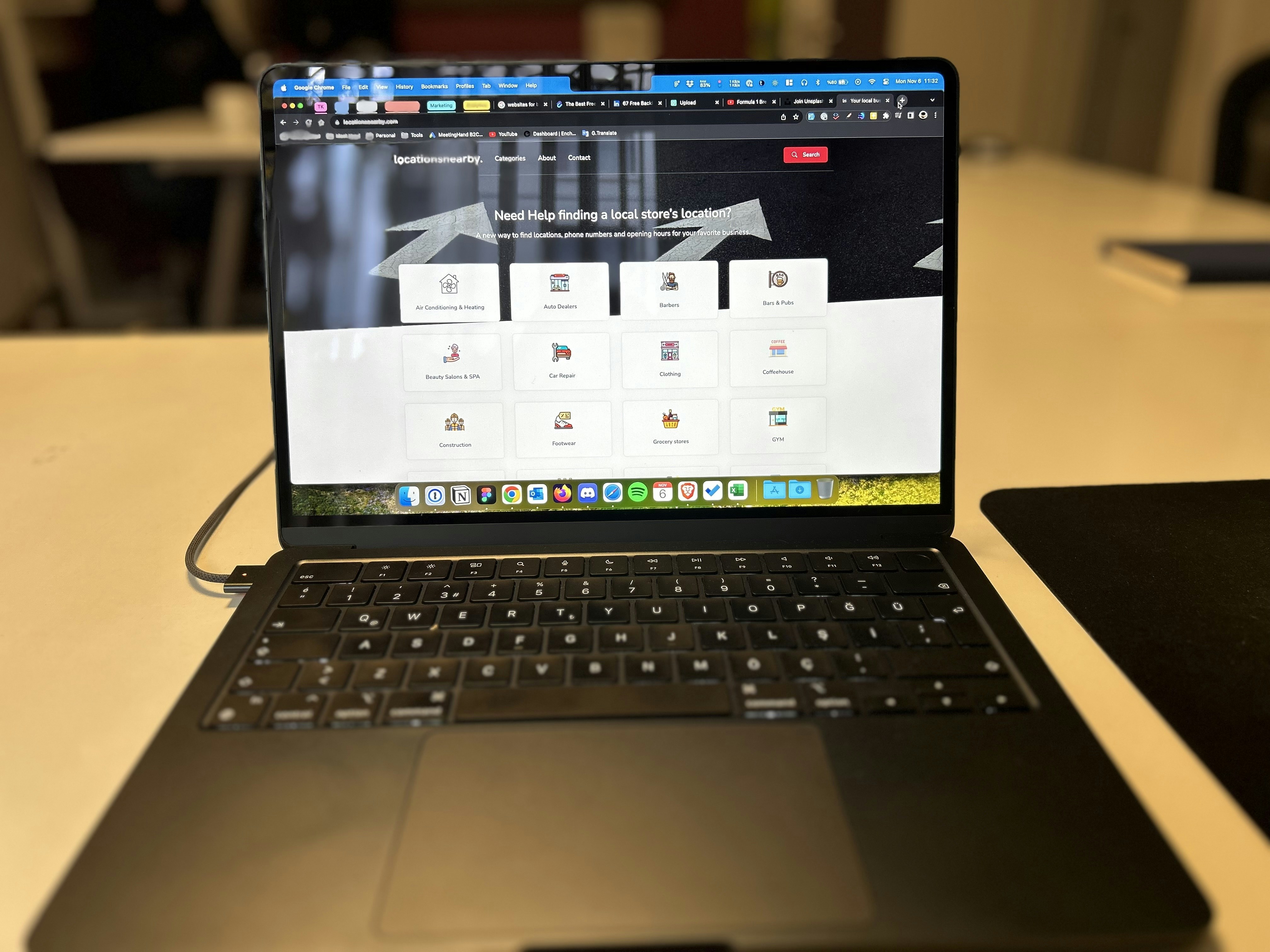
Website types
Websites are widely used for communication, marketing, education, and community interaction. Each type of website serves distinct purposes and meets specific needs. In Kenya, as across the globe, most websites reflects the diverse interests and goals of their creators.
Websites can be broadly categorized into several types, including personal blogs, e-commerce platforms, informational sites, and social media networks. Each category offers unique functions for specific audiences. For instance, personal blogs often focus on individual expression, whereas e-commerce websites facilitate online sales and transactions.
Furthermore, businesses in Kenya are increasingly using websites to establish an online presence, promote their services, and connect with customers. Educational institutions use websites for information dissemination while also fostering engagement with students and parents. Meanwhile, community-focused websites play a vital role in mobilizing resources and organizing local events, effectively enhancing community cohesion.
Personal and portfolio websites
Personal and portfolio websites are crucial for individuals seeking to express their identity and showcase their work. A personal website highlights the unique qualities of an individual, such as reflections, personal hobbies, or professional experiences. In Kenya, many individuals have embraced personal websites to share their thoughts and insights through blogs, thereby creating a niche online presence. These platforms not only foster personal expression but also allow users to connect with like-minded individuals and engaged audiences.
An excellent example of a personal website in Kenya can be found in the works of enthusiastic bloggers who focus on diverse topics ranging from travel and lifestyle to technology reviews. These websites often feature sections detailing their experiences, interests, and opinions, inviting engagement and dialogue with readers. By presenting a well-rounded glimpse into their lives, individuals can effectively utilize personal sites to build their brand and enhance their visibility within specific communities.
Meanwhile, portfolio websites serve a different yet equally significant purpose. These websites are instrumental for creative professionals, including photographers, graphic designers, and writers, as they provide a platform to display their talents and previous projects. In Kenya, many artists and designers create portfolio websites to feature their best work, helping them attract potential clients and collaborators. A well-organized portfolio allows the audience to appreciate the skills and creates opportunities for networking within the industry.
Furthermore, a portfolio website typically includes a gallery of previous work, client testimonials, and contact information, ensuring that it is user-friendly and comprehensive. This engagement is critical in a competitive environment, where the first impression can significantly influence client interaction. Overall, personal and portfolio websites not only empower individuals in Kenya to showcase their skills and passions but also contribute to the broader creative economy.
Business, E-Commerce, and nonprofit websites
Business websites play a key role in showcasing products and services, targeting potential customers, and building brand identity. For instance, a local fashion retailer might use its website not just to display its merchandise but also to narrate its brand story, thereby fostering a deeper connection with the audience.
E-commerce websites have attracted much attention in Kenya, especially with the increasing penetration of the internet and mobile devices. These platforms allow businesses to facilitate online transactions, which significantly enhances customer convenience. A Key example is Jumia, a leading e-commerce site in Kenya, where users can browse a wide range of products, from electronics to groceries, and make purchases. Such websites not only generate revenue but also serve as valuable market places that encourage small vendors to reach a broader audience.
Moreover, nonprofit websites hold unique significance as they help organizations raise awareness about various causes, mobilize support, and facilitate donations. In Kenya, nonprofits, including the Kenya Red Cross use their websites to inform the public about health emergencies, ongoing programs, and volunteer opportunities.
Educational, Entertainment, and Social Websites
Educational websites are created for educational institutions, enabling them to disseminate valuable information about courses, resources, and academic materials. These platforms play a vital role in enhancing learning opportunities, offering easy access to study materials, and facilitating distance education. Universities and colleges use the power of digital technology to engage students, The result is a centralized location where learners can find essential resources and deepen their understanding of different subjects.
Entertainment websites deliver news, media content, and various forms of digital entertainment. These websites include blogs, streaming platforms, and news portals that provide a wide range of content from local music to movie reviews. In Kenya, entertainment platforms help celebrate and promote local talent, enabling artists to showcase their work and connect with a broader audience. These websites not only serve as a source of leisure but also foster cultural awareness and appreciation within the society.
Furthermore, social media platforms and forums have revolutionized how people connect, share ideas, and foster community. Websites such as Facebook, Twitter, and local forums provide spaces for individuals to share experiences, exchange knowledge, and promote discussion around various topics. They encourage interaction between users, enhancing collaboration and support networks among friends and family members. In Kenya, social media has significantly influenced societal trends and community engagement, allowing citizens to come together to address pressing social issues.
Overall, educational, entertainment, and social websites are essential components of the Kenyan digital landscape, contributing to collaboration, interaction, and the enrichment of society through diverse content and platforms.
Web Portals and Landing Pages
Web portals and landing pages serve distinct purposes and cater to specific user needs. Web portals function as gateways to a diverse range of information and services, aggregating content from different sources into a single access point. These websites offer users convenience by providing a consolidated platform where they can easily access news, services, and resources. For instance, a web portal in Kenya might include sections on local news, government services, job listings, and educational resources, making it a go-to hub for users seeking comprehensive information.
Landing pages are designed with a specific marketing strategy in mind. Their primary function is to drive conversions, whether that means persuading visitors to sign up for a newsletter, download a guide, or make a purchase. A well-optimized landing page focuses on a singular call-to-action (CTA), ensuring that visitors have a seamless experience that encourages them to engage with the content.Web portals serve to inform and aggregate, while landing pages focus on converting visitors into customers.

